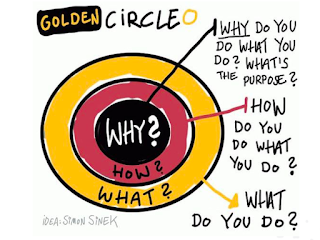Discussion Time:
- What is likely to work?
- What is actually working?
- Data is this what I see in my class?
- Why is this data bringing this up?
- Why does this surprise me?
If we can change the prophecy we can change the fulfilment.
Characteristics of a Expert Teachers - John Hattie
It is important to strike that balance between surface and deep learning. Much of what teachers do is surface and this often leads to the mundane. - We as professionals need to reflect on this.
Designing Learning with the End in Mind

As professionals we need to be intentional, relational creating discussions that give students the opportunity to share ideas and dig deeper. Which leads to Planning with Intent!
For T-Shaped to be successful, texts have to be deliberately chosen not a hodgepodge vague collection.
It is often through Matariki Time we see cultural representation, there are other opportunities too. Need to find them.



What are these:
Mirrors - finding / seeing / self in the worth of the text
Windows - looking out / finding new possibilities from in the text
Glass Sliding Door - imaginative / of a different world / world of different experiences
Social Emotional Learning
Build vocabulary so all students have access.
Keep improving extended discussion through questioning and prompts for student discussion.
If we only focus on literal (Who, What, Where) we are not giving students the opportunities to practise higher order thinking skills. We need to plan for these or they are forgotten. Even Slow Readers need to have access to this learning, not an excuse but they didn't get to them.
WE NEED TO TEACH EVERYONE TO DISCUSS AND LISTEN AND CRITIQUE.
Critical Literacy in Observations
Needs to be intentional, planned, discuss the authors reason for writing.
We build understanding and knowledge by contributing to discussions.
Why create = engagement and leads to transference of strategies.
E.g Metaphor - learn about it in reading using it in create a piece of writing.
Sharing is not often visible, only half include reflection from students about their work.
Reading programmes- Think about how they are helping teachers become the experts not the students.
Deliberate Acts of Teaching = biggest shifts
Expert teachers help students become reflective and self assessing










